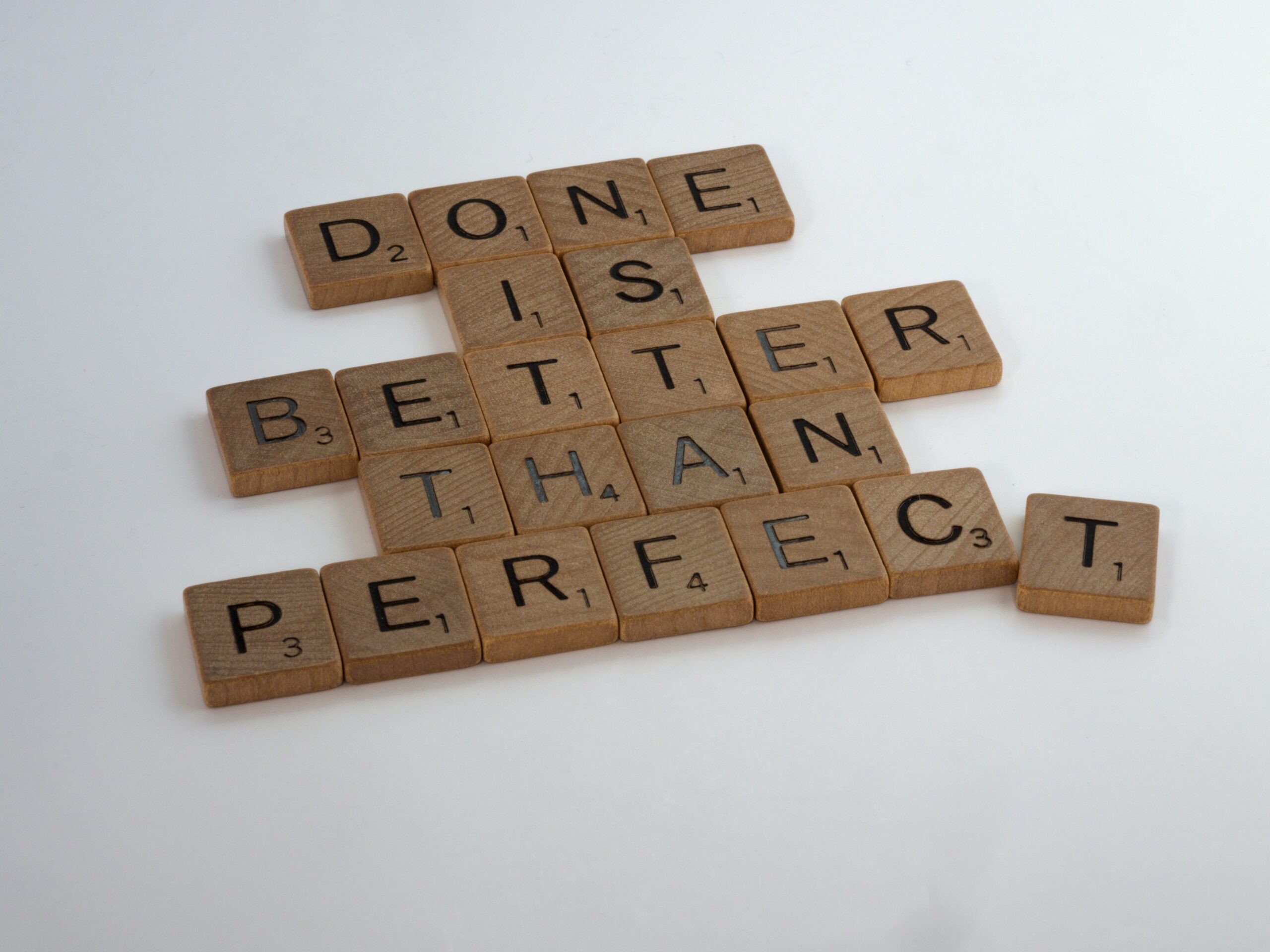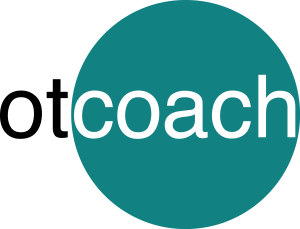I have long struggled when I see perfectionism slowing things down unhelpfully, reducing spontaneity, limiting creativity, preventing people making a start and when it squashes delicate confidence. The mantra is “I am not good enough”.
Sticking too rigidly to rules and protocols which have often been invented out of nowhere and somehow now flourished with certainty, can also have the same effect as stifling perfectionism, but the mantra is often “I am not allowed to…”. I am aware that my strength of feeling with this comes from my personal values. Amongst my top flying values are “freedom” and “creativity”, so seeing and hearing how these situations hinder people doing good stuff, makes me very frustrated.
However, the COVID situation has necessitated a different response from us individually and at a service level, all of which has fascinated me. I have seen many old ways and unhelpful protocols suddenly changed and a deftness of response which has included:
- Getting something functioning and off the ground quickly and deftly, warts and all
- Giving it a go and seeing what happens – improvisation
- Adapting as we go along and understanding that the “rules” change daily
- Dumping what doesn’t work and going with what does
- Holding back other ideas for later, as they become needed
- Stripping things back to essentials – the minimal, viable product if you like
- Letting go of things that suddenly do not seem as important as they did
- Pondering whats “essential” and what’s not
In this space, there is not much room for perfectionism and rigidly sticking to rules and protocols which do not yield much value. Creativity abounds in great dollops and much of me is heartened by this adaptive, human response, despite situations which will have tested our value system to the max.
As an occupational therapist interested in human adaptation and daily occupations, I am fascinated by this all and how we have all adapted to lockdown and the change in daily activities. Conversely, I noticed how quickly we got back in our cars and our old routines. I am also interested in what occupations people are yearning for : a pint in the pub, not merely a can of lager over Zoom; a proper hug and jostle; a trip to the sea/countryside to connect with nature, without being demonised; a trip to Primark!
As a coach I am also fascinated by how creative, resourceful, and skilful we all are. I am mindful of all the work plans that have had to be changed or dumped, the goals that suddenly went out of the window and the bucketful’s of learning coming at us, that we need to integrate into our next moves. But as a coach I also hear how people’s belief systems are struggling with decisions, laws and policies that are being rushed in and how their value system is having a really traumatic time too – our “must haves” in life are being changed at every level.
The current situation raises some difficult ethical, aesthetic, and moral questions which I feel we ignore at our peril. We are all being asked to make value judgements and our long-standing belief system about our world, is going through the wringer right now: - What is essential? Is it essential that I travel to see my elderly mum and try and keep her spirits up so she doesn’t get even more depressed and decline in general health too? (COVID may not kill her as she has been shielded for 4 months, but the isolation and occupational deprivation might well)
- Are shop workers more essential than artists? Are healthcare workers more essential than engineers that keep water and power going?
- Is maths more essential to study than religious studies? It is more essential to keep studying maths so you can calculate the area of a pizza using pi and be able to do simultaneous equations going forward in life, rather than understand our multi-cultural landscape and relationships? (schools are dropping many non-core subjects BTW)
- What will be the long-term impact of making school children walk in a line, sit in a square, wear a mask so they cannot even communicate properly?
- It is more important to socially distance at all costs, rather than hug someone who is in despair and socially isolated, possibly saving their life? Do the health benefits of hugging outweigh the risks of infection?
- Which is more important to rescue/support: 1) a modern shopping mall 2) a chain of expensive underwear shops or 3) an international circus?
These questions are all important for occupational therapists as they impact on the daily occupations and future daily occupational choices in our world.
As this all unfolds and various laws, statutory provisions have been changed in the name of COVID (that clearly have nothing to do with it) and other statute has been rushed through during this crisis (read into that as you will) I wonder in 5 years’ time how our daily occupations and occupational choices will have changed.
|



